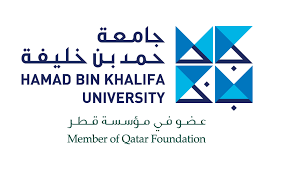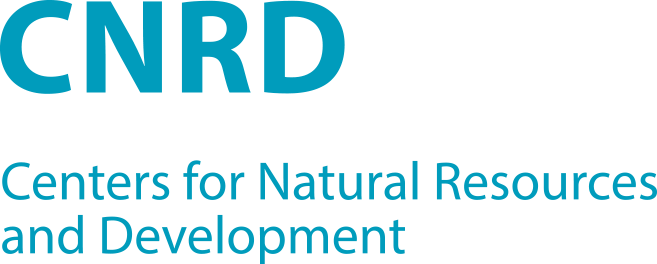Hamad Bin Khalifa University

Hamad Bin Khalifa University (HBKU) was established in 2010 as a member of Qatar Foundation for Education, Science, and Community Development (QF). Qatar Foundation is supported by partnerships with leading international institutions:
- Georgetown University
- Texas A & M University
- Weill Cornell University
- Carnegie Mellon University
- Northwestern University
- Virginia Commonwealth University
- Hamad Bin Khalifa University
HBKU offers unparalleled opportunities for inquiry and discovery, utilizing a multidisciplinary approach across various focus areas. By combining creativity with knowledge, HBKU empowers students to develop locally relevant and globally impactful innovative solutions.
Hamad Bin Khalifa University (HBKU) is home to several research centers that focus on diverse fields of study. While the specific research centers may evolve over time, as of my knowledge cutoff in September 2021, HBKU had the following research centers:
Qatar Computing Research Institute (QCRI): QCRI conducts cutting-edge computing research in areas such as artificial intelligence, data analytics, cybersecurity, and social computing. The institute collaborates with local and international partners to address societal challenges through innovative research.
Qatar Environment and Energy Research Institute (QEERI): QEERI focuses on research and development related to environmental sustainability and energy solutions. The institute aims to address Qatar’s environmental challenges and contribute to sustainable development through innovative research and technology solutions.
Qatar Biomedical Research Institute (QBRI): QBRI is dedicated to advancing biomedical and healthcare research, with a particular emphasis on neurological disorders, diabetes, and cancer. The institute aims to translate research discoveries into practical applications for improving human health.
Qatar Science & Technology Park (QSTP): QSTP is a hub for research, innovation, and entrepreneurship. It provides an environment that fosters collaboration between industry and academia, supporting technology-based startups and promoting innovation and economic diversification in Qatar.
Qatar Mobility Innovations Center (QMIC): QMIC focuses on intelligent mobility solutions and services, including intelligent transportation systems, connected vehicles, and smart city applications. The center aims to drive innovation and research in the field of intelligent transportation and contribute to sustainable and efficient mobility solutions.
The college is a unique and exciting environment, with cutting-edge research on policy challenges that face the country, the region, and the world. It has recruited outstanding faculty and students, and is working with its partners to contribute to Qatar and the global community. It aims to be one of the leading public policy schools in the region and the world, acting as a bridge and a hub for innovative policy solutions across a range of issues.
1-Master of Public Policy
The Master of Public Policy (MPP) is a full-time two-year degree that offers world-class academic and professional training in public policy analysis, design, implementation, evaluation, and management; as well as specializations in social policy, and in energy and the environment.
2- Master of Social Policy and Program Evaluation
The Master of Social Policy and Program Evaluation (MSPPE) is a full-time two-year degree offered by the College of Public Policy (CPP) at HBKU. The program provides advanced analytic and substantive knowledge of social policy and program evaluation to educate professionals for careers in the public, private, and non-profit sectors on issues of local and global importance.
Project Coordination
Dr. Esmat Zaidan
Link
Location
Education City – Gate 8, Ar-Rayyan, Doha, State of Qatar
You are currently viewing a placeholder content from Default. To access the actual content, click the button below. Please note that doing so will share data with third-party providers.



